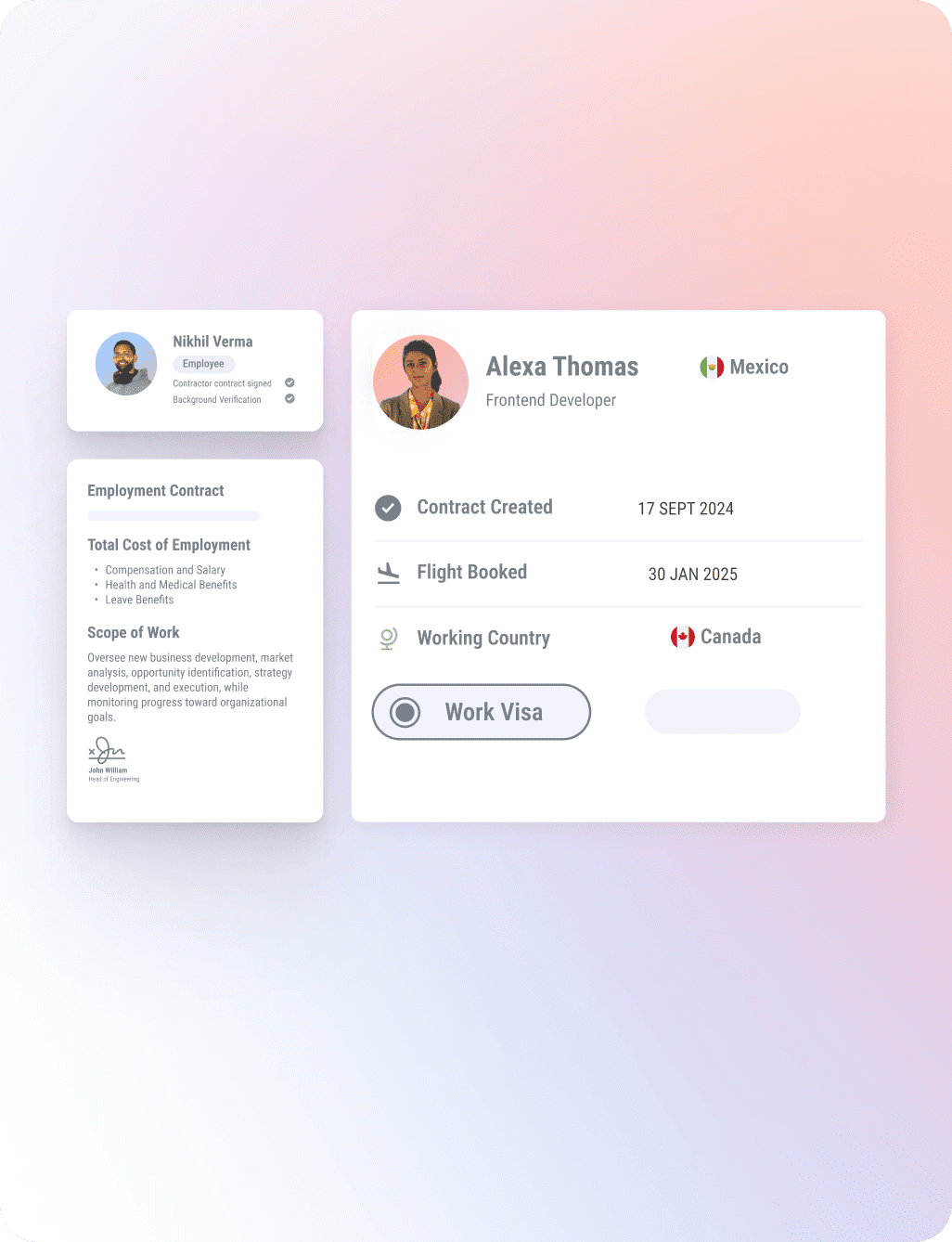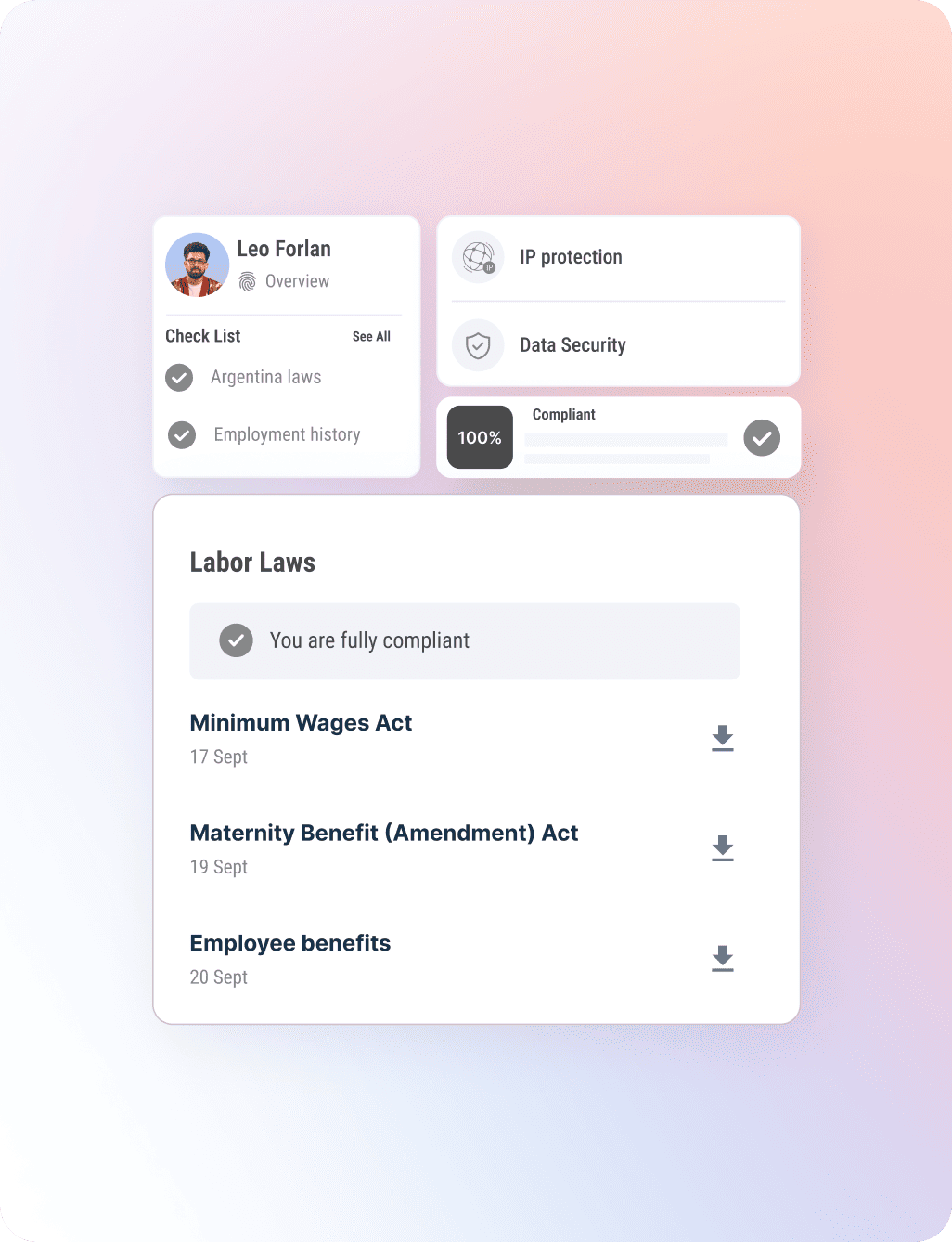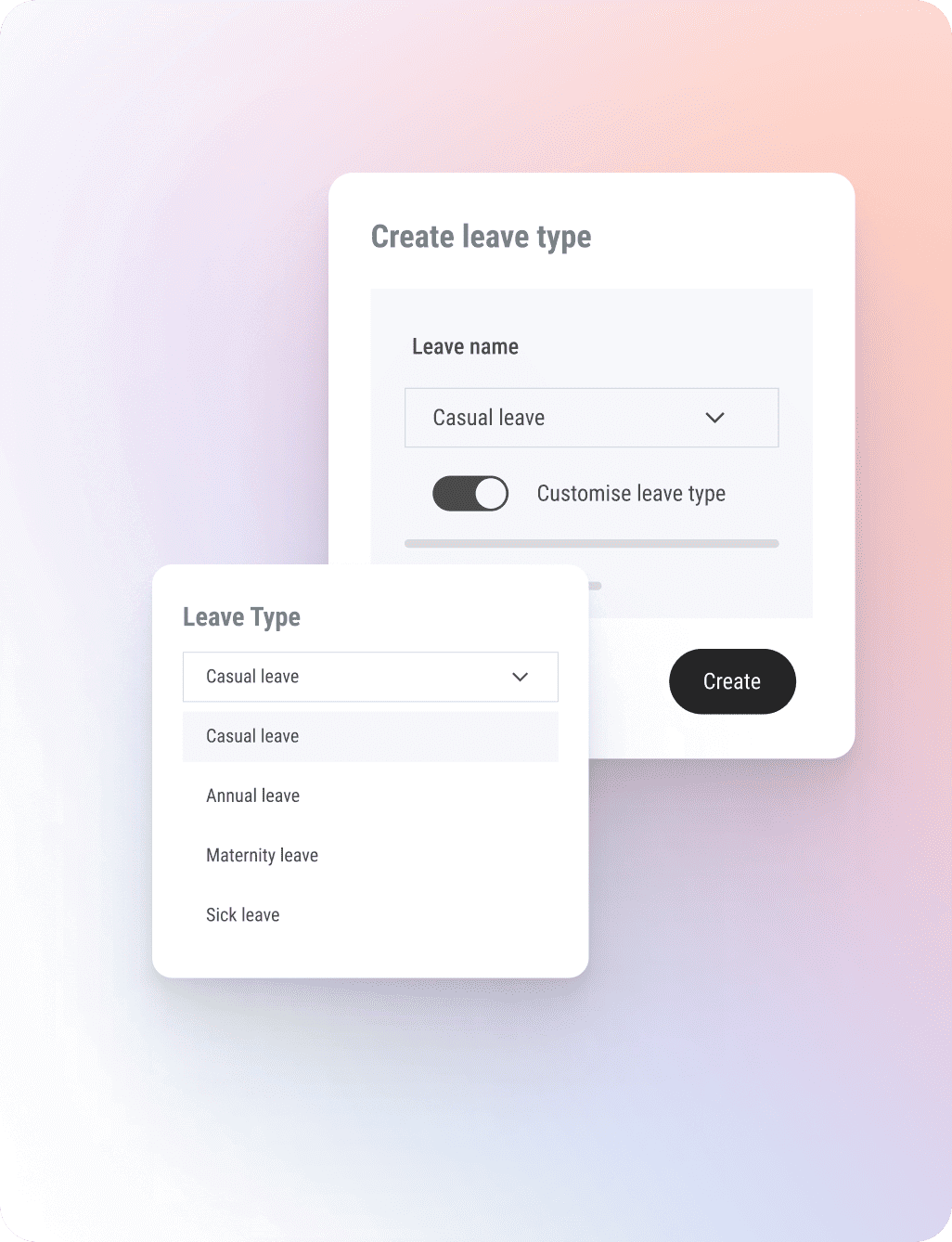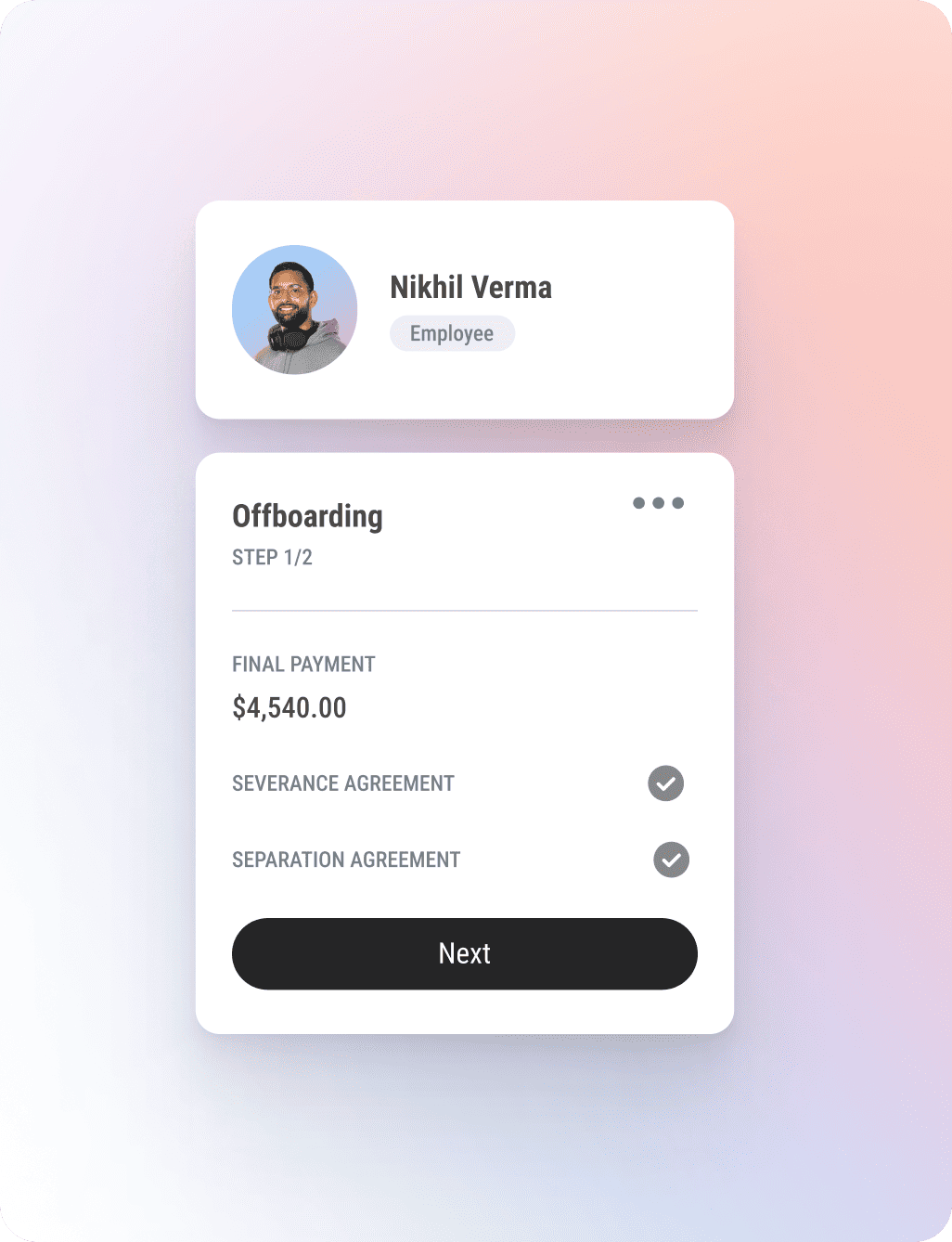Schedule a demo
With Skuad now part of Payoneer, global workforce management is easier than ever!
Trusted by global leaders across industries
Our clients include SaaS, logistics, e-commerce companies across sectors that are looking to grow their business globally. Become one of them.
Tap into Thailand’s skilled talent pool

Skilled, English-speaking professionals
Tech, finance, support, you’ll find talent across every function
Business-ready environment
Predictable and structured hiring because of strong infrastructure and labor laws
Ready to work
A remote-ready workforce with global experience means less training, more output
Exploring entity setup in Thailand for hiring? Think again.
It’s costly, time-consuming, and requires multiple registrations.
Why figure out compliance on your own?
Employment contracts, payroll setup, statutory benefits, and labor law requirements all require local Thailand expertise.
Payroll would mean more than just payouts
It involves tax identification registration, income tax withholding based on progressive tax rates, social security contributions, registrations, and compliance with regulations.
No need to set up a legal entity
With us, you can onboard employees or contractors legally with minimal delays and risk, and help get your global team off the ground effortlessly and at speed.
PRICING
Transparent. Trusted. Scalable.
Employer of Record
(EOR)
Hire, pay and manage employees
Starts at
$199
per employee/month
Features
- Local employment agreements
- Personalised onboarding support
- Process payroll in 70+ currencies
- Labor law and tax compliance
- Benefits administration options
- Dedicated account managers
- Help center access
- Unified dashboard + third-party integrations
Agent of Record
(AOR)
Engage, pay and manage contractors
Starts at
$99
per contractor/month
Features
- Support with contracts
- Streamlined contractor onboarding
- Compliant contractor payments in 70+ currencies
- Support mitigating misclassification risks
- Dedicated account managers
- Help center access
- Unified dashboard + third-party integrations
Contractor Management System (CMS)
Handle contractor payments
Starts at
$19
per contractor/month
Features
- Contractor payments in 70+ currencies
- Invoice creation and tracking
- Expense submission and approvals
- Downloadable payment history
- Unified dashboard + integrations
- Mobile app access & localised support
Why do companies choose Payoneer Workforce Management to hire in Thailand?

Transparent, Flat Pricing
Starting at $199 for EOR with 100% transparency in the fee structure. Consistent cost regardless of seniority, role type, or team size
White-Glove Onboarding
Dedicated account manager for both you & the employees. Enjoy localized support across time zones
Additional Local Support
Background checks, international health insurance, expat support, device provisioning, and co-working access
Deep Integrations
Integrate with 70+ tools across HRIS, accounting, and time-tracking. No process disruption. Just smooth operations
Mobile App
Stay in control wherever you are. The Payoneer Workforce Management app supports both employers and contractors
User-Friendly Interface
With an interface that’s clean and ready to go, Payoneer Workforce Management is designed for busy teams that dislike a steep learning curve
The all-in-one platform for global hiring
160+
Countries covered
70
Currencies for payroll
24×5
Dedicated Support
100%
Transparency in fees
Frequently asked questions (FAQs)
Payoneer Workforce Management’s Employer of Record in Thailand enables businesses to hire employees without setting up a local entity. The service covers employment contracts, payroll, statutory contributions, and compliance with Thai labor laws while you manage the day-to-day work.
EOR pricing starts at $199/month per employee. Contractor management starts at $19/month.
No. Payoneer Workforce Management acts as the legal employer, allowing you to hire and pay employees in Thailand without incorporating locally.
Statutory entitlements include social security contributions, public holiday pay, various leave, overtime payments, and workmen’s compensation. Additional benefits, such as bonuses or private insurance, can be offered based on company policy.
Yes. The Employer of Record model is recognized in Thailand, with the EOR becoming the official employer for compliance, payroll, and HR administration while you direct day-to-day activities.
Onboarding timelines depend on document readiness and approvals, but we can typically prepare employment contracts, payroll, and statutory registrations within 3 to 5 business days.
Written employment contracts are required for all employment types and must specify wages, benefits, working hours, probation terms, and termination clauses in compliance with Thai labor laws.
Disclaimer
- Skuad Pte Limited (a Payoneer group company) and its affiliates & subsidiaries provide EoR, AoR, and contractor management services.
- The information in this article/on this page is intended for marketing and informational purposes only and does not constitute legal, financial, tax, or professional advice in any context. Payoneer and Payoneer Workforce Management are not liable for the accuracy, or reliability of the information provided herein. Any opinions expressed are those of the individual author and may not reflect the views of Payoneer or Payoneer Workforce Management. All representations and warranties regarding the information presented are disclaimed. The information in this article/on this page reflects the details available at the time of publication. For the most up-to-date information, please consult a Payoneer Workforce Management representative or account executive.
- Availability of cards and other products is subject to customer’s eligibility. Not all products are available in all jurisdictions in the same manner. Nothing herein should be understood as solicitation outside the jurisdiction where Payoneer Inc. or its affiliates is licensed to engage in payment services, unless permitted by applicable laws. Depending on or your eligibility, you may be offered the Corporate Purchasing Mastercard, issued by First Century Bank, N.A., under a license by Mastercard® and provided to you by Payoneer Inc., or the Payoneer Business Premium Debit Mastercard®, issued and provided from Ireland by Payoneer Europe Limited under a license by Mastercard®.










